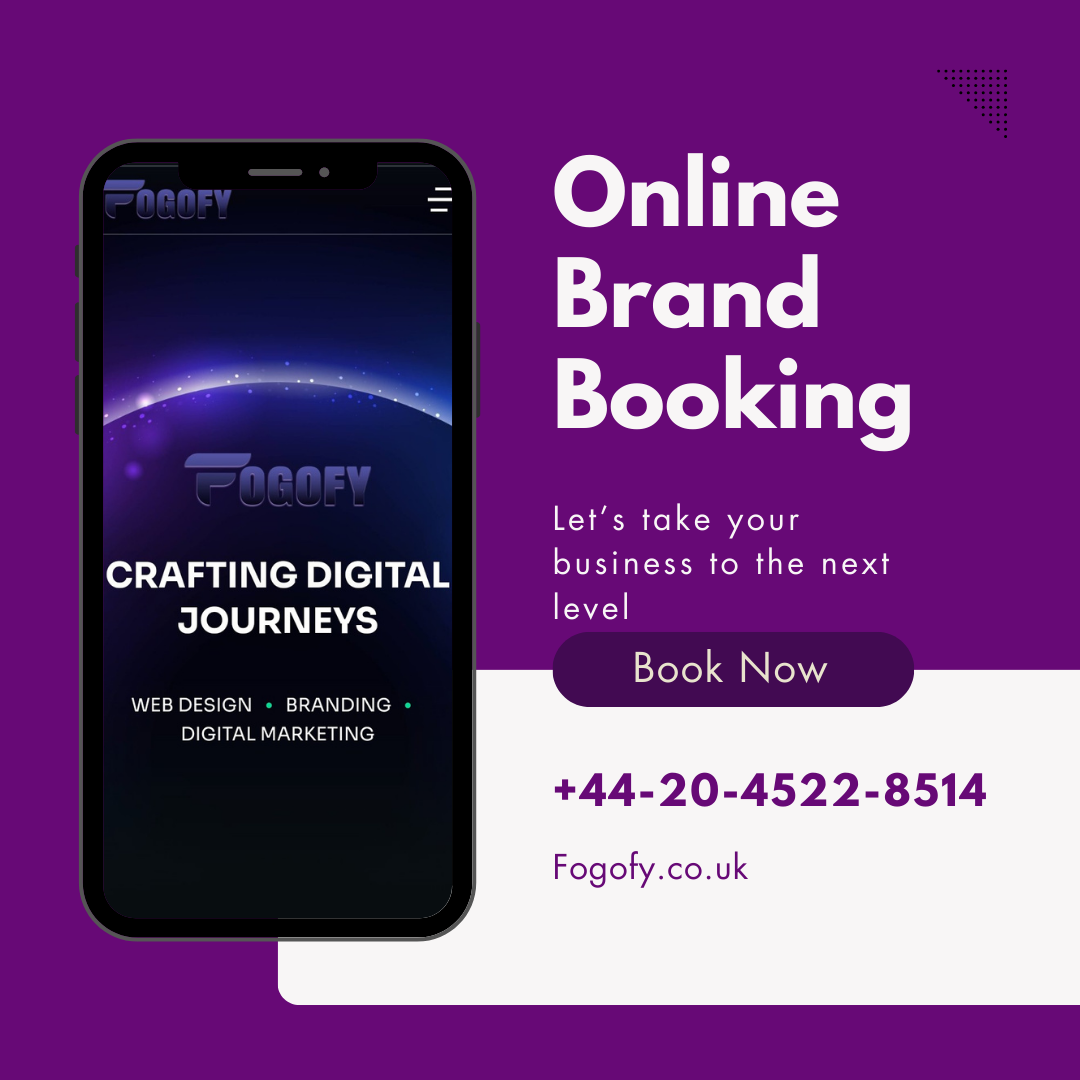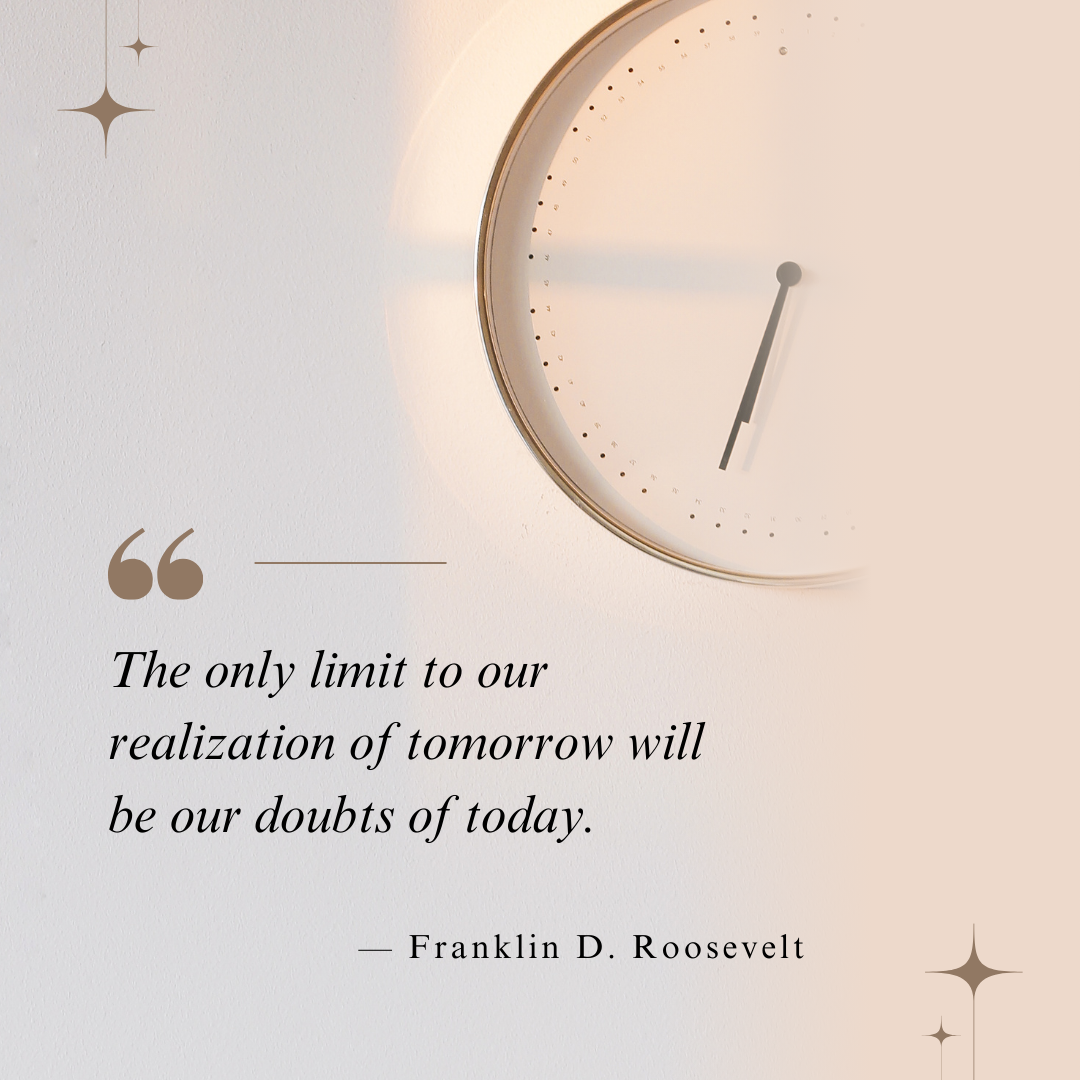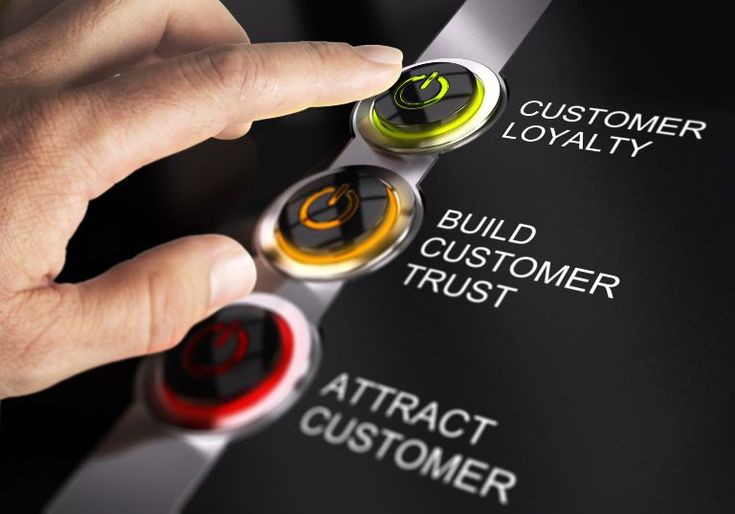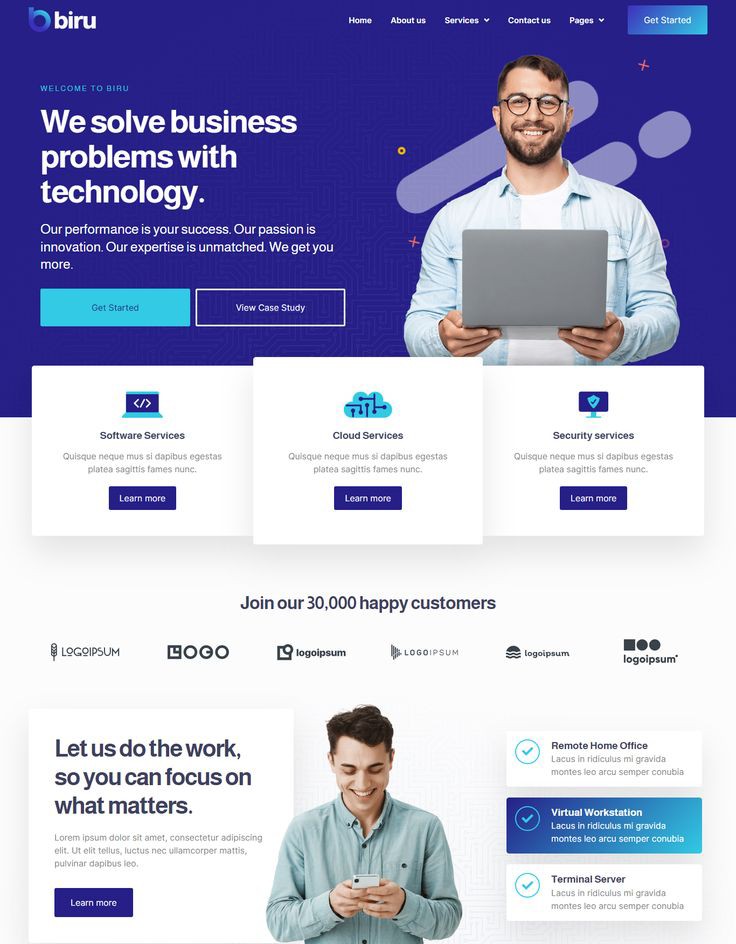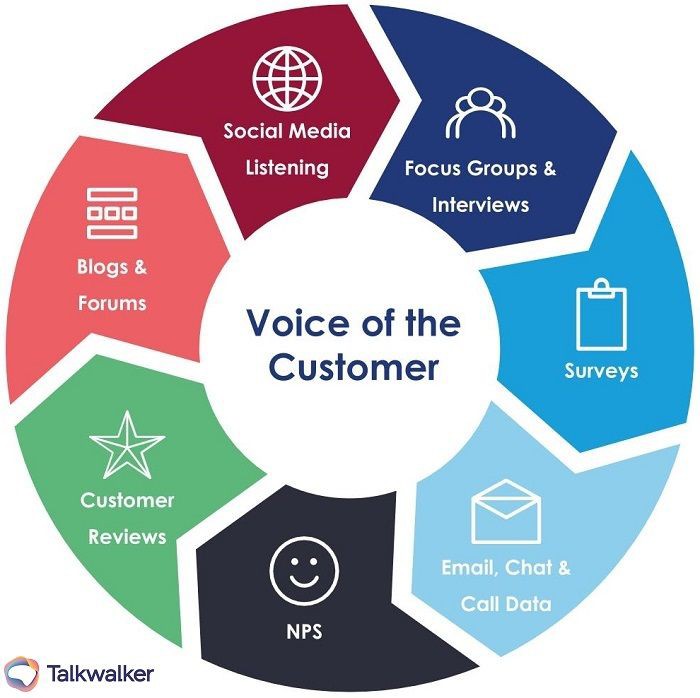In today’s digital landscape, businesses must carefully reconsider how they engage with their audiences. While traditional advertising—think billboards, radio spots, and TV commercials—still plays a role in certain contexts, it can’t compete with the numerous advantages a well-optimized and engaging website offers. To illustrate this shift, let’s begin with a poem that captures the essence of this transformation.
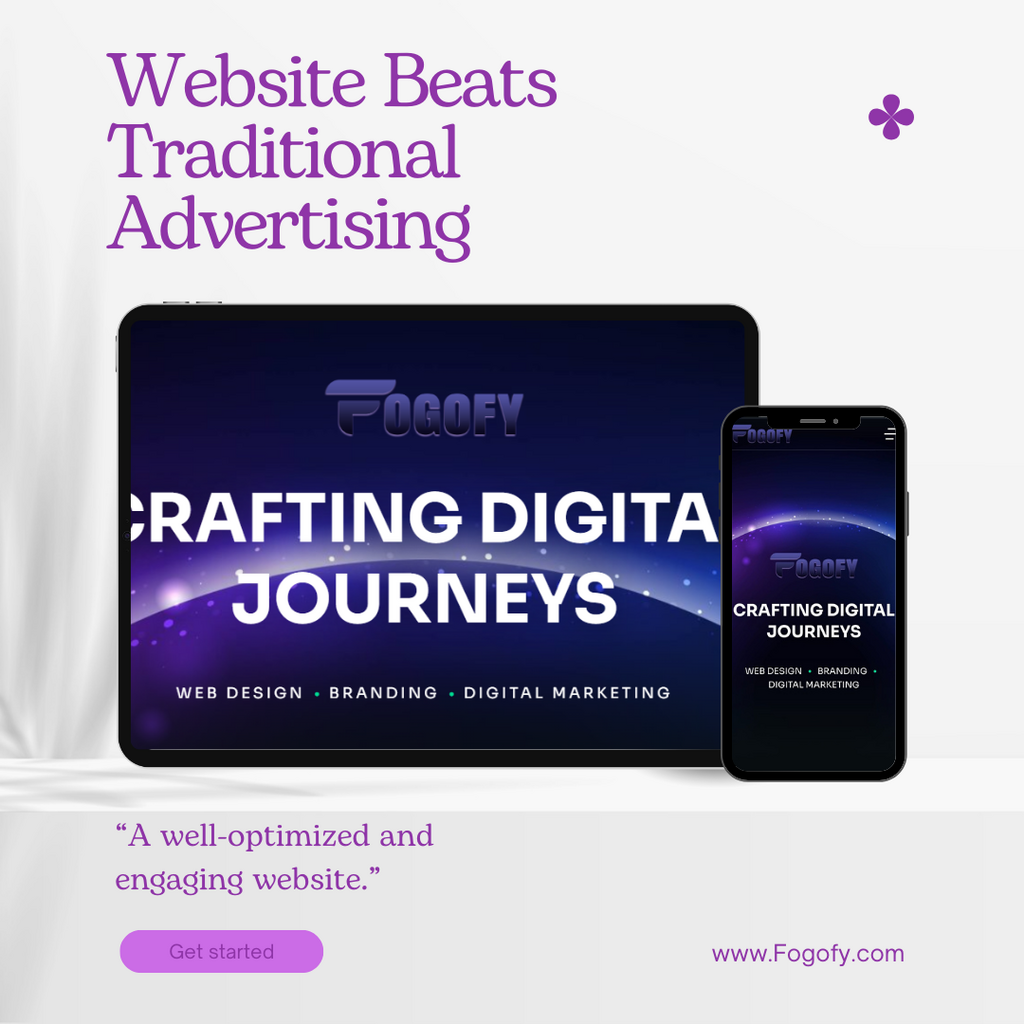
A Digital Shift: A Poem
Billboards tall, radios hum,
Print ads flash, but where’s the drum?
The world has shifted, fast and sleek,
Traditional ads? A bit antique.
Where eyes once scanned a paper’s page,
Now they scroll on a digital stage.
Your website’s there, 24/7,
While TV ads fade at half past eleven.
Clicks and leads, they’re yours to track,
Unlike those flyers stuffed in a sack.
Engage, connect, convert with grace—
Your website’s the key to winning the race.
The Digital Revolution: Websites vs. Traditional Advertising
For decades, traditional advertising has been the backbone of marketing. However, as we move further into the digital age, the benefits of a strong online presence become more apparent. Here are seven compelling reasons why having a website consistently outshines traditional advertising methods.
24/7 Availability: Your Website Never Sleeps
Unlike billboards or radio ads that capture attention fleetingly, your website operates around the clock. Potential customers can visit your site at any hour, exploring your offerings and even making purchases. Traditional ads provide limited exposure—how often have you driven past a billboard without noticing it?
Websites Are Always On
Think of your website as an all-night diner in a bustling city, catering to hungry information seekers at any hour. Traditional ads? They’re on a strict time clock that stops when you do.
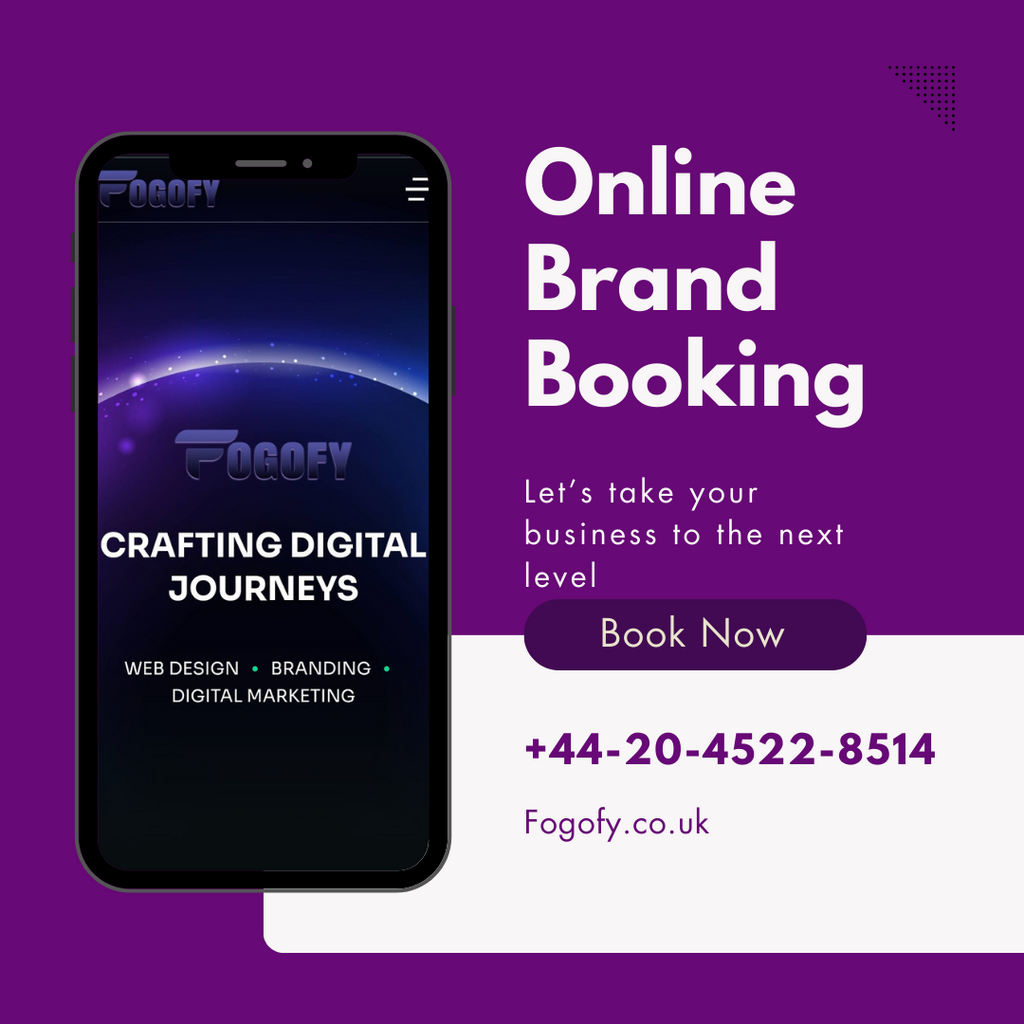
Unlimited Space for Your Story
Traditional advertising often constrains your message. A 30-second commercial or a quarter-page ad simply can’t convey your entire narrative. Your website, however, is a spacious digital canvas. It allows you to share your mission, services, customer testimonials, and much more without any limitations.
Real-Time Updates at Your Fingertips
In contrast to traditional ads, which can be cumbersome and cost-prohibitive to change, your website is incredibly flexible. Whether announcing a new product or updating pricing, you can instantly refresh your content to reflect real-time developments in your business.
Targeted Marketing at Its Finest
Traditional advertising resembles casting a wide net in hopes of catching a few fish, often missing the mark. However, digital marketing tied to your website lets you target your audience precisely. With tools like Google Ads and Facebook Ads, you can tailor your outreach based on demographics, interests, location, and behavior. This level of precision is a game-changer for marketing.
Precision Over Guesswork
Rather than randomly throwing spaghetti at the wall to see what sticks, digital marketing allows you to serve up a perfectly curated message directly to those most likely to be interested.
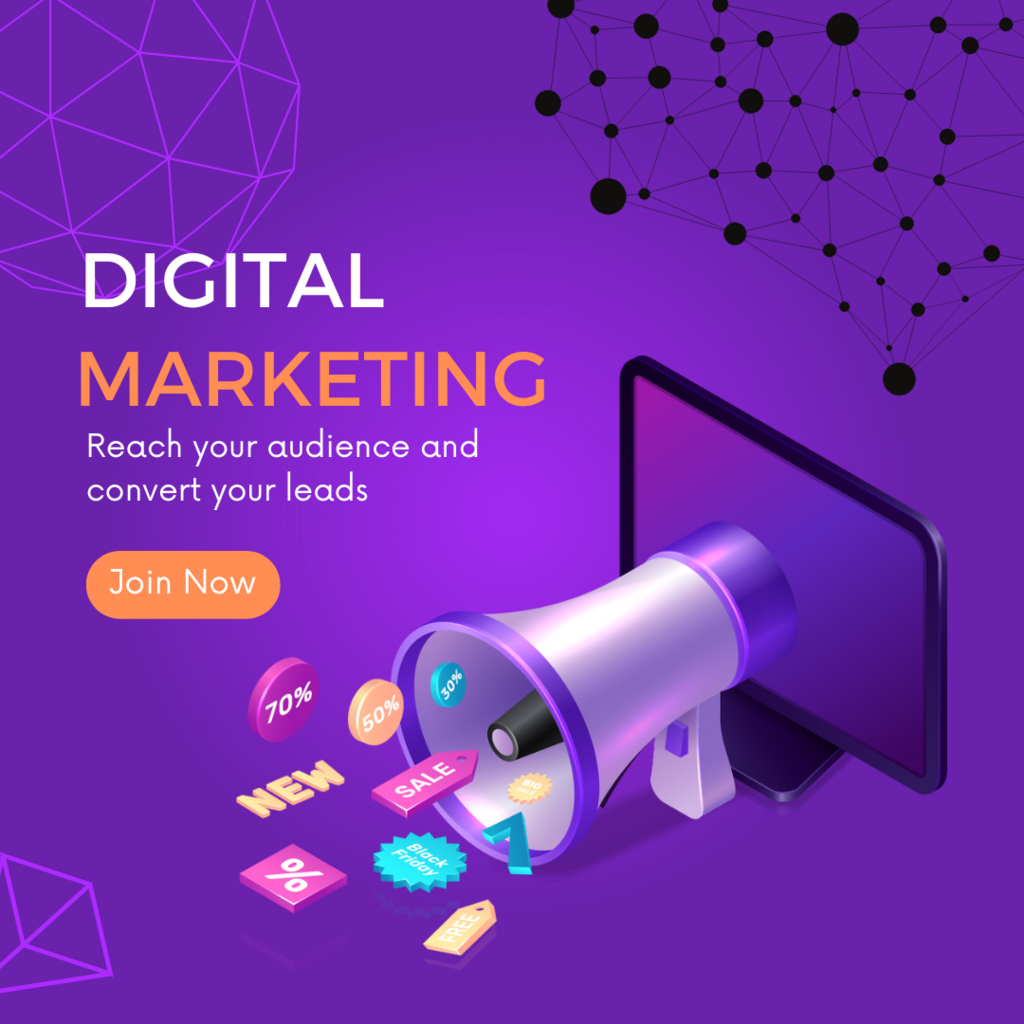
Cost-Effective and Scalable
When it comes to budget, traditional advertising can strain your finances. Consider the expense of a prime-time TV ad or a full-page spread in a national newspaper. A website empowers you to control your marketing budget; you can start small and scale your efforts as your business grows. Plus, with digital ads often costing less than traditional options, you can achieve a solid return on investment without overspending.
Analytics and Tracking: Know What’s Working
One major drawback of traditional advertising is its lack of measurability. Sure, you might estimate the visibility of a billboard, but without precise metrics, it’s hard to assess engagement accurately. With a website, you gain access to invaluable data. Track metrics such as visitor numbers, referral sources, time spent on the site, and which pages garner the most interest. This data empowers you to refine your marketing strategy based on actual performance.
Build Trust and Credibility
A well-designed website instills confidence in potential customers. In an age where consumers expect businesses to have an online presence, the absence of a website can raise doubts about your legitimacy. Think about it—would you trust a company without a website in 2024? Your website serves as the digital equivalent of a warm handshake and friendly smile; it’s typically the first point of contact where people learn about your brand.
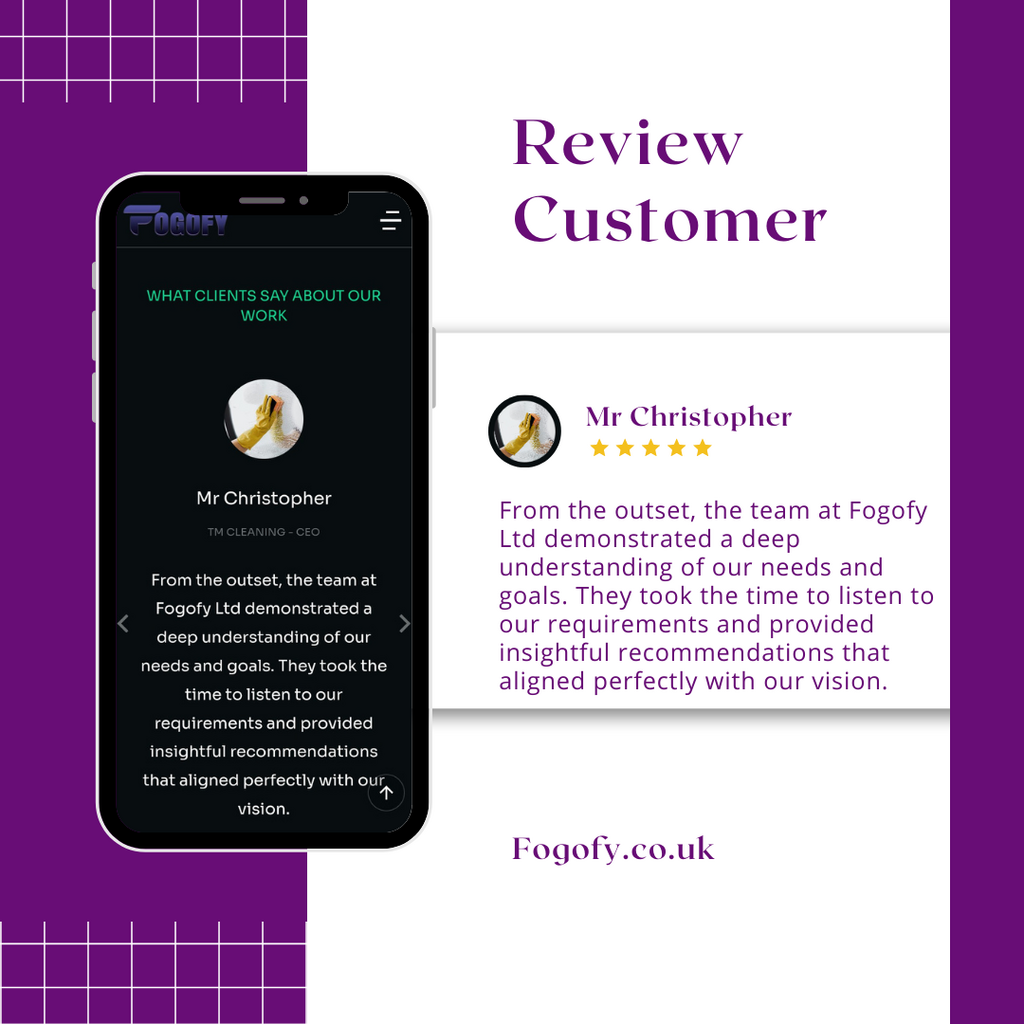
FAQs
Why is having a website essential for my business?
Having a website enhances your visibility, credibility, and accessibility. It allows you to clearly communicate your message and engage with customers around the clock.
Can I rely solely on social media for marketing instead of a website?
While social media is a powerful tool, it should complement your website rather than replace it. A website gives you full control over your content, branding, and analytics.
How can I start building my website?
You can start by selecting a domain name that reflects your brand, choosing a website builder or CMS (like WordPress), and designing your site or hiring a professional to help you.
What should my website include?
Your website should include essential information about your business, such as your services or products, contact information, testimonials, and a blog to share valuable content.
How will I know if my website is successful?
Utilizing analytics tools can help you track visitor numbers, engagement, and conversion rates, enabling you to gauge the effectiveness of your website and marketing efforts.
In conclusion, while traditional advertising may still hold some value, embracing a modern approach through a website can provide businesses with a powerful tool for reaching and engaging customers. By prioritizing your online presence, you’re not just adapting to the digital landscape—you’re setting your business up for long-term success.
